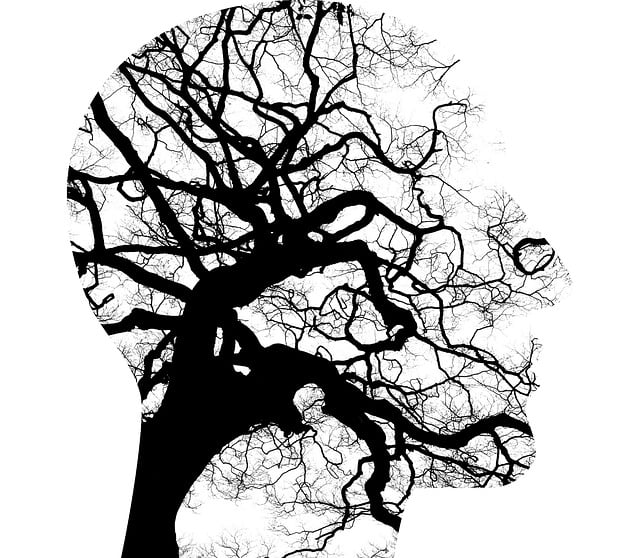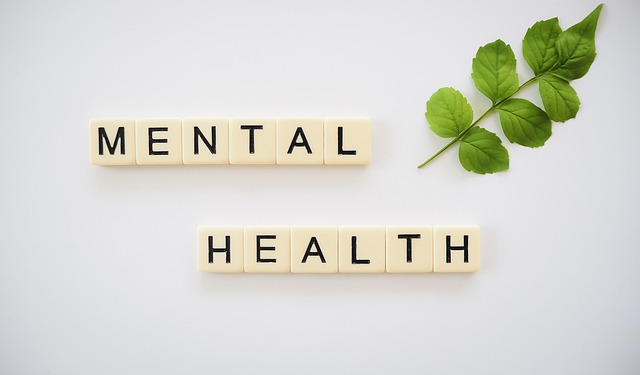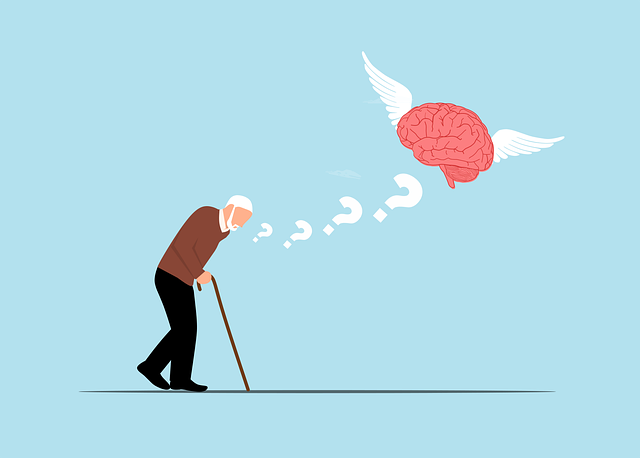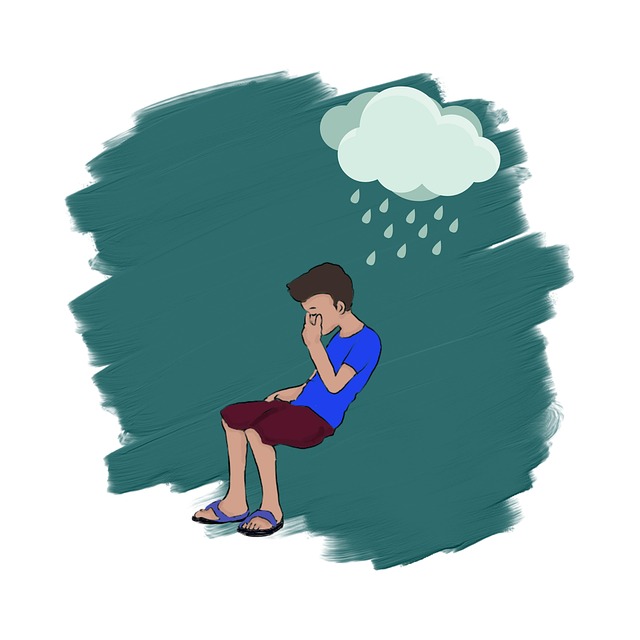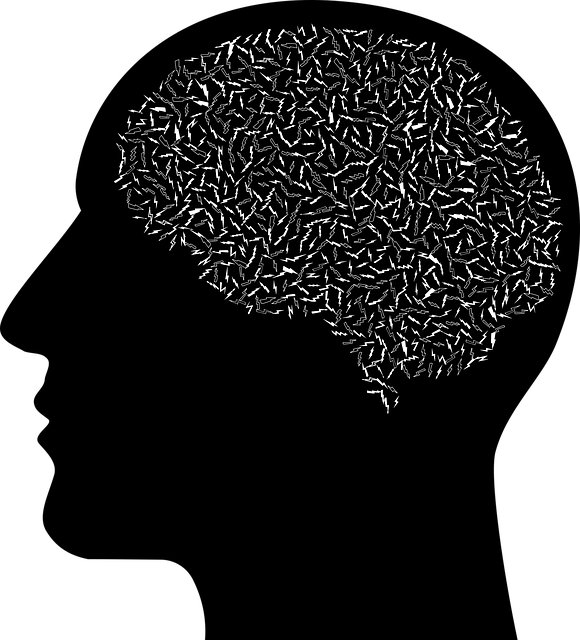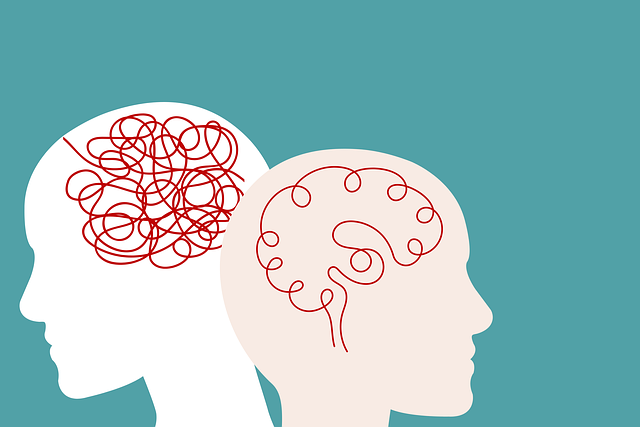Lafayette Polyamorous and Open Relationships Therapy (LPORT) tackles mental health stigma through specialized programs, community engagement, and media representation. They offer safe spaces for individuals to navigate complex relationships and mental wellness, promoting empathy and understanding. By challenging stereotypes, dispelling misconceptions, and organizing workshops, LPORT contributes to a more supportive community environment, reducing judgment and fostering acceptance of various lifestyles and mental conditions.
In the pursuit of a healthier mental landscape, Lafayette has been making strides to reduce the stigma surrounding mental illness. This comprehensive article explores several strategic efforts aimed at dismantling misconceptions prevalent in our community. From understanding the nuances of mental health conditions to highlighting the empowering role of therapy—particularly innovative approaches like Lafayette Polyamorous and Open Relationships Therapy—we delve into community engagement initiatives and responsible media representation as powerful tools for advocacy.
- Understanding the Stigma: Breaking Down Misconceptions about Mental Illness
- The Role of Therapy: Empowering Individuals in Lafayette with Polyamorous and Open Relationships
- Community Engagement: Fostering Support Networks for Mental Health Advocacy
- Media Representation: Shaping Positive Narratives to Reduce Stigma
Understanding the Stigma: Breaking Down Misconceptions about Mental Illness

Stigma surrounding mental illness is a pervasive issue that often prevents individuals from seeking help and support. Many misconceptions exist, leading to judgmental attitudes and discrimination against those living with mental health challenges. It’s crucial to understand that mental illness is not a personal failing or weakness; it’s a medical condition affecting the brain just as diabetes affects the body. Breaking down these myths is an essential step in reducing stigma.
At Lafayette Polyamorous and Open Relationships Therapy, we emphasize the importance of education and empathy. Our Mental Wellness Coaching Programs Development focuses on providing individuals with tools to navigate their emotional healing processes. Through conflict resolution techniques, clients learn to challenge negative beliefs and promote understanding. By fostering open conversations about mental illness, we aim to create a supportive environment where everyone can access the care they need without fear of judgment or discrimination.
The Role of Therapy: Empowering Individuals in Lafayette with Polyamorous and Open Relationships

In Lafayette, therapy plays a pivotal role in breaking down mental illness stigma, particularly within the context of polyamorous and open relationships. Through specialized counseling sessions, individuals navigating these unique relationship dynamics gain tools to enhance their emotional well-being promotion techniques and develop inner strength. Therapists skilled in understanding non-monogamous lifestyles offer a safe space for self-care practices, fostering open conversations about personal boundaries, communication challenges, and the complexities of managing relationships with multiple partners.
By addressing the specific needs of those in polyamorous and open relationships, therapy helps to dispel misconceptions and promote a culture of acceptance and support. This approach empowers individuals to openly discuss their mental health struggles without fear of judgment, fostering deeper connections and understanding within both their personal circles and the broader community.
Community Engagement: Fostering Support Networks for Mental Health Advocacy

Community engagement plays a pivotal role in reducing the stigma surrounding mental illness by fostering support networks that advocate for better mental health care. Lafayette Polyamorous and Open Relationships Therapy, for instance, has been instrumental in creating safe spaces where individuals can openly discuss their experiences without fear of judgment. These initiatives encourage community members to educate themselves about various mental health conditions, thereby promoting understanding and empathy.
By actively involving the community in mental health advocacy, organizations like Lafayette Polyamorous and Open Relationships Therapy contribute to effective risk management planning for mental health professionals. They also facilitate the organization of Stress Management Workshops, which teach valuable stress reduction methods. This holistic approach not only alleviates individual suffering but also strengthens the overall resilience of the community, ensuring a more supportive environment for those grappling with mental illness.
Media Representation: Shaping Positive Narratives to Reduce Stigma

Media plays a significant role in shaping societal perceptions about mental health and illness. Historically, media representation has often perpetuated harmful stereotypes, contributing to the stigma surrounding mental health issues. However, there is a growing movement towards more accurate and empathetic portrayals that can significantly impact public understanding. Positive narratives in film, television, and literature are essential tools for reducing the stigma associated with mental illness.
By showcasing characters grappling with mental health challenges while also highlighting their strengths, resilience, and the effectiveness of coping strategies like those offered at Lafayette Polyamorous and Open Relationships Therapy, these representations can foster empathy and reduce fear. This shift in media narrative encourages viewers to view individuals with mental health conditions as capable and deserving of support, similar to how trauma support services promote healing and coping skills development based on mind over matter principles.
Mental illness stigma reduction is a multifaceted effort that requires understanding, community engagement, and positive media representation. By breaking down misconceptions through education, empowering individuals with therapy like Lafayette Polyamorous and Open Relationships Therapy, fostering support networks, and shaping inclusive narratives, we can create a more accepting society. These efforts collectively contribute to improved mental health outcomes for all.
